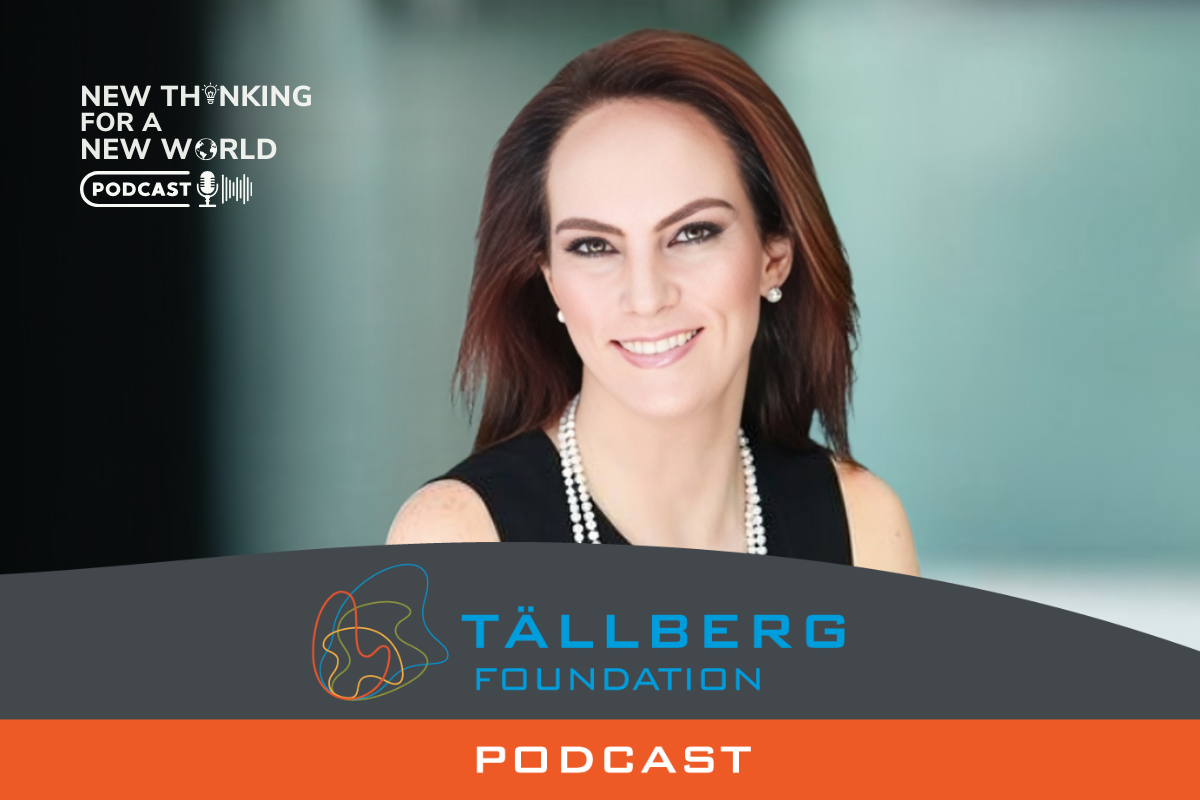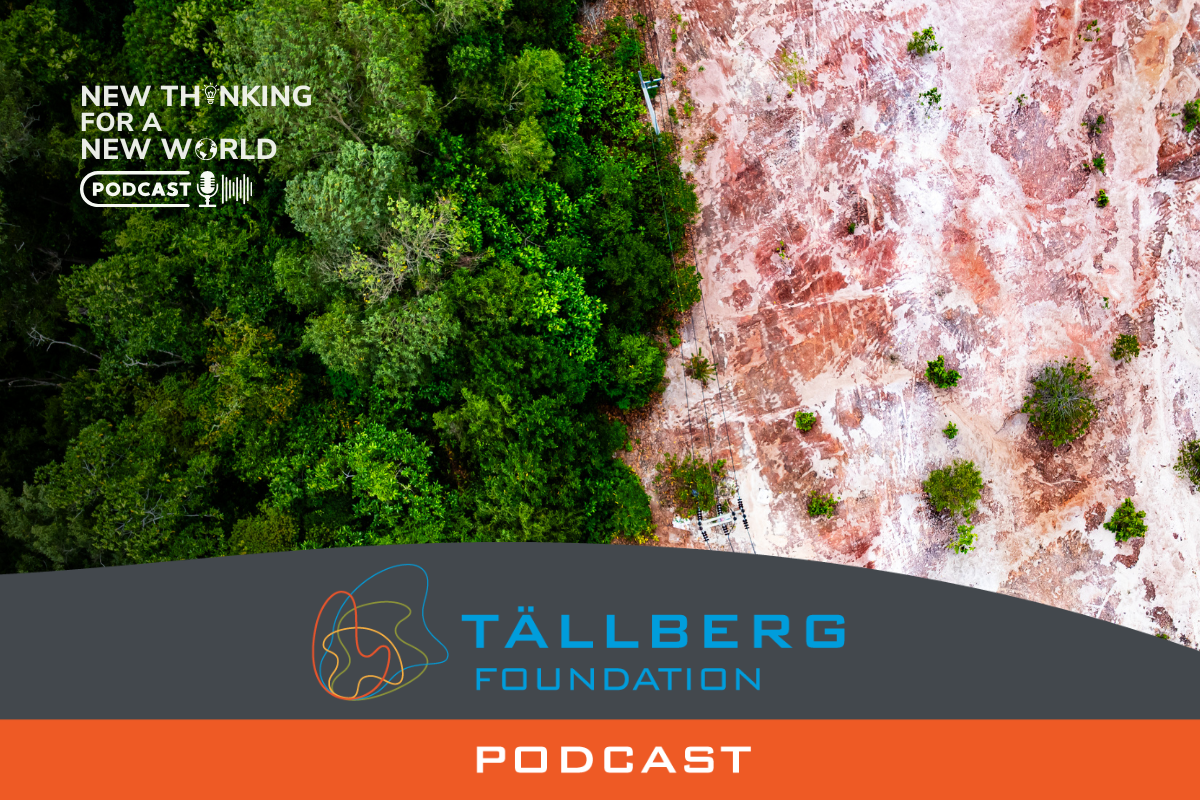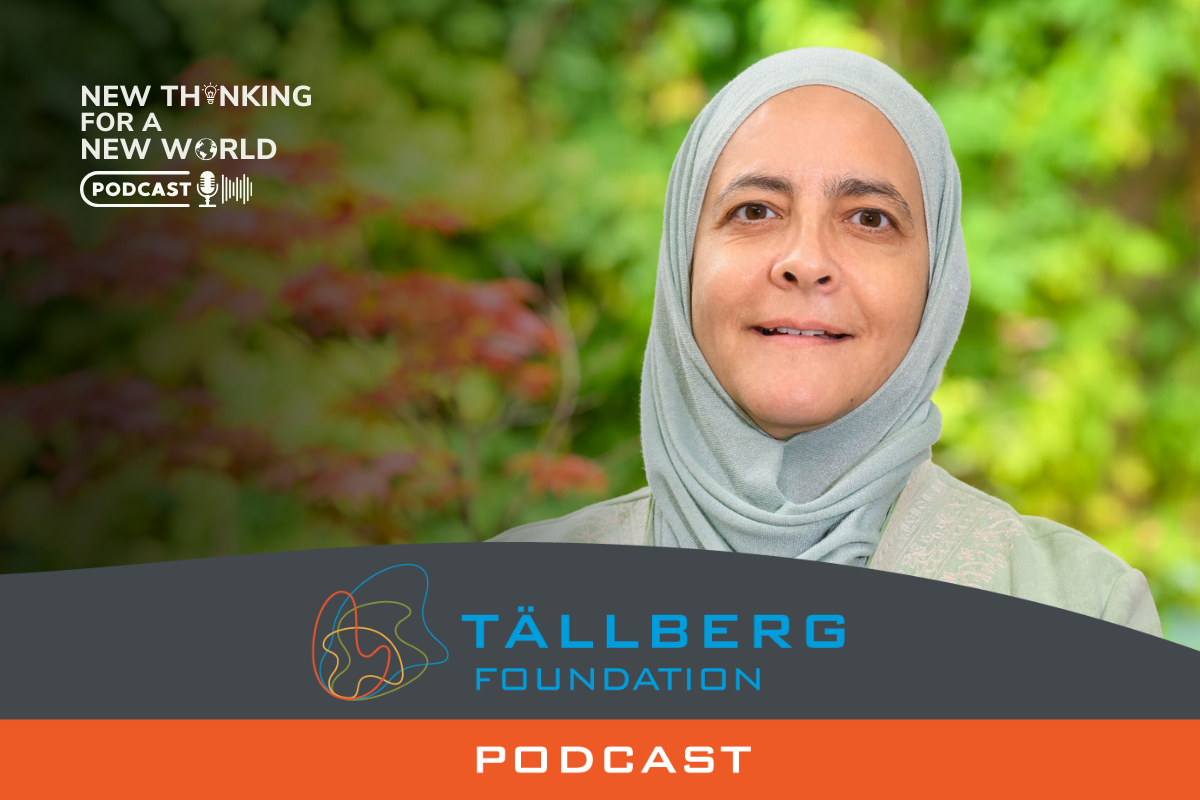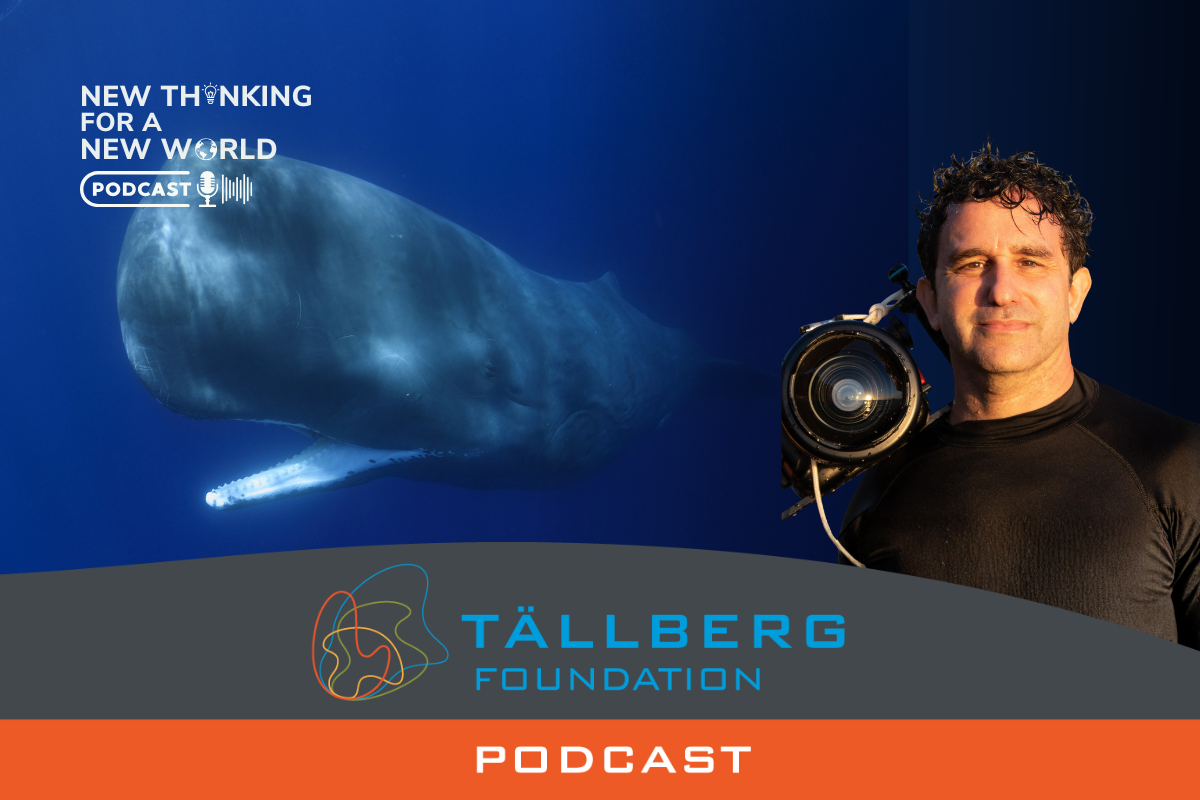Why hasn’t liberal democracy developed deeper roots in Latin America? Why are institutions under pressure in so many places? Why do many Latins seemingly embrace “strong man” rather than democratic solutions to their social, economic, and political problems?
 Brian Winter is editor-in-chief of Americas Quarterly and the vice president for policy at Americas Society/Council of the Americas. A best-selling author, analyst and speaker, Brian has been living and breathing Latin American politics for the past 20 years.
Brian Winter is editor-in-chief of Americas Quarterly and the vice president for policy at Americas Society/Council of the Americas. A best-selling author, analyst and speaker, Brian has been living and breathing Latin American politics for the past 20 years.
Brian spent a decade living in Latin America as a journalist for Reuters, based in São Paulo, Buenos Aires and Mexico City. Since 2015 he has been based in New York City, overseeing Americas Quarterly’s growth into a must-read for Latin America’s most influential investors and opinion leaders, while more than tripling its readership online. Brian is also the author or co-author of four books including Why Soccer Matters, a New York Times bestseller he wrote with Brazilian soccer legend Pelé; The Accidental President of Brazil, co-authored with President Fernando Henrique Cardoso; No Lost Causes, with President Álvaro Uribe; and Long After Midnight, a memoir about his time in Argentina.
Over the years Latin America has seen more than its share of coups, dictators, autocrats, and stolen elections. Even today, well-functioning democracies—with free and fair elections, independent media, strong and independent institutions, and active civil society—are the exceptions rather than the rule for too much of the region.
Why hasn’t liberal democracy developed deeper roots in Latin America? Why are institutions under pressure in so many places? Why do many Latins seemingly embrace “strong man” rather than democratic solutions to their social, economic, and political problems?
Brian Winter, editor-in-chief of Americas Quarterly and a journalist who has covered the region for twenty years, has some answers—but also lots of worries.
Listen to this week’s New Thinking for a New World podcast and let us know what you think and comment below.
Listen to the episode here or find us on a podcast platform of your choice, (Apple podcast, Spotify, Acast, Stitcher, YouTube, etc)




It seems that at least in Latin America, the underlying struggle comes down to who gets what and how much from others. I you look into former so-called leaders, once they grab power, they are likely go grab portions of the economy and instead of watching carefully how the public sector is financially managed, just make people even more miserable by imposing tax raises, and minimizing the purchasing power of the economically productive private sector, how, well through increasing inflation or even hyperinflation! Even traditional parties tend to be guzzlers of resources or at least,a good measure or mediocre corruption. A century ago, Masons use to take turns among themselves, milking the main governmnet posts. Then religious fundamentalists have tried to compete with ideological demagogues, not to mention would be patriotic and nationalistic high officers within the military cadres. I ponder on the low successful participation of candidates who are actually trained in classical economy. It also gets on my nerves that most of the population lacks an awareness of what is profitable versus what is just a waste of money after one and another loud failures not only regarding individuals, but also virtually well-intended institutions. As an ecclectic but pragmatic character, when I happen to think politically-wise, I become highly dissapointed with the ongoing rhetoric (whether “leftist”or “rightist” or “middle-this-or that.” As to military guys, it has been my personal experience that they tend to be greedy, hypocritical, and even traitors willing to sell stolen arms to the terrorists (of course not those into their own country, but in its international neighborhood). It is not unusual to notice how one of them turns a social service institution into his gang’s black-market. However, I still tend to stop some of the would be worst disasters, -nowadays civilian females-at least in my own country, Guatemala. Cheers!